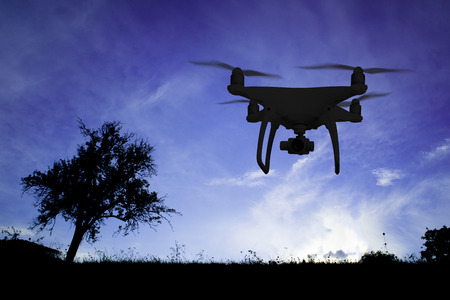The polytechnic’s Applied Aviation Research Center already conducts unmanned aviation research, offering two different undergraduate degree options as well as one minor. Members of the faculty are working out new training methods to add night operations into one of the labs to involve it in the curriculum. This would give the students in the advanced multi-rotor course the opportunity to gain experience with advanced mission planning and testing new recovery methods. Nighttime operations are due to integrate into the degree programmes in autumn of this year.
The Applied Aviation Research Center also offers several different short courses for professionals and will integrate the new operations into its commercial remote pilot training course from June 23rd. This will add on an extra two hours of classroom time covering nighttime flying basics as well as instruction on how to set up a nighttime operation, collecting the necessary waivers and so on, alongside an extra hour of practical flying of a UAV after dark.
The Federal Aviation Administration (FAA) gave the university a special waiver to trial these nighttime operations. Currently, under the FAA’s Part 107 rule, flying UAVs after the sun has set is not permitted.
This could be just the first of a number of waivers that we see issued to specialist research institutes as UAVs continue to be developed and tested thoroughly, with the FAA and other governing bodies across the world ensuring that safety and privacy are the highest priorities.


.jpg)
.jpg)
.jpg)

.jpg)




.jpg)